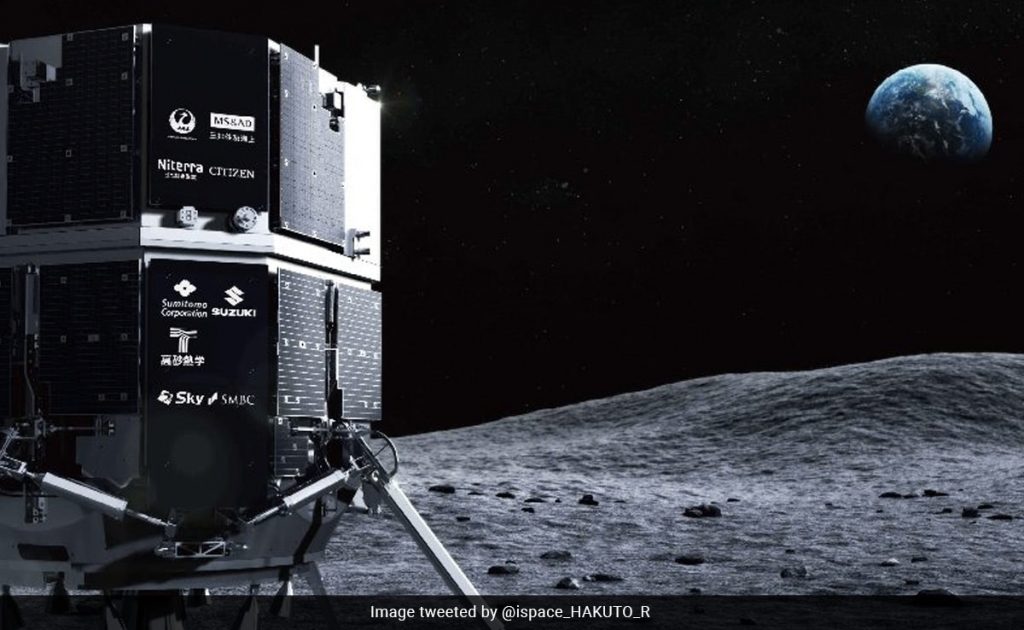Japanese start-up ispace conceded Wednesday its attempt to become the first company to land on the Moon had ended in failure, but pledged to move ahead with new missions.
The unmanned Hakuto-R Mission 1 lander had been scheduled to touch down on the Moon’s surface overnight, but about 25 minutes after the landing was to have occurred, the firm could not establish contact.
“It has been determined that there is a high probability that the lander eventually made a hard landing on the Moon’s surface,” ispace said in a statement.
The company said its engineers were working to establish why the landing had failed.
“Although we do not expect to complete the lunar landing at this time, we believe that we have fully accomplished the significance of this mission, having acquired a great deal of data and experience,” ispace CEO and founder Takeshi Hakamada said.
“What is important is to feed this knowledge and learning back to Mission 2 and beyond,” he added.
He said the firm is currently developing two further attempts to land on the lunar surface and the setback would not change that.
Still, the apparent crash will be a frustrating end to a mission that began with the lander’s launch last December aboard a SpaceX Falcon 9 rocket.
The vessel was carrying payloads from several countries, including a lunar rover from the United Arab Emirates.
Standing just over two metres (6.5 feet) tall and weighing 340 kilogrammes (750 pounds), the lander entered lunar orbit last month.
Its descent and landing were fully automated and the craft was supposed to reestablish communication as soon as it touched down.
So far, only the United States, Russia and China have managed to put a spacecraft on the lunar surface, all through government-sponsored programmes.
In April 2019, Israeli organisation SpaceIL watched their lander crash into the Moon’s surface.
India also attempted to land a spacecraft on the moon in 2016, but it crashed.
Two US companies, Astrobotic and Intuitive Machines, are scheduled to attempt Moon landings later this year.
With inputs from NDTV




 Karnataka opposes plea against scrapping 4% Muslim quota
Karnataka opposes plea against scrapping 4% Muslim quota 